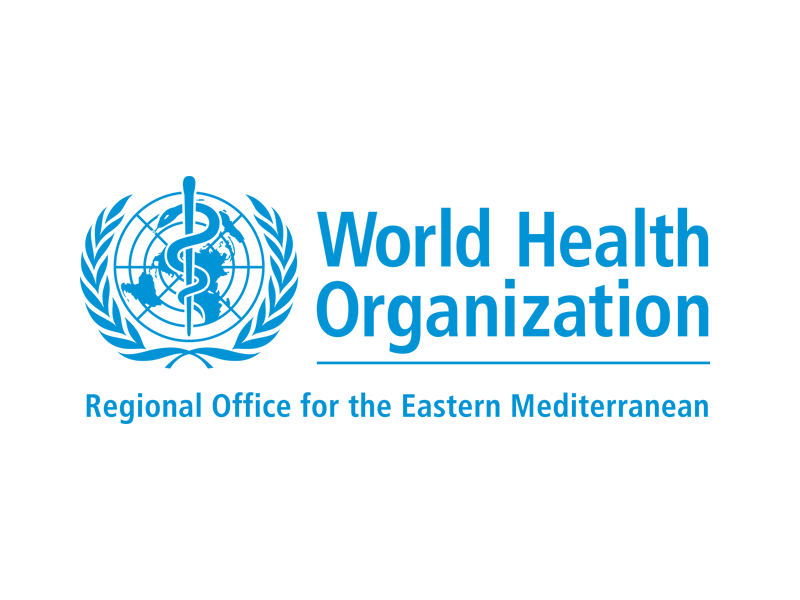WHO EMRO | RHA meets to accelerate action on polio eradication and maternal, newborn and child health | News
17 July 2025, Cairo, Egypt – The Regional Health Alliance (RHA) convenes today to accelerate efforts to improve maternal, newborn and child health and support immunization and polio eradication across the World Health Organization (WHO) Eastern Mediterranean Region. The meeting will gather representatives from nine UN agencies and six priority countries – Afghanistan, Djibouti, Pakistan, […]
Continue Reading







